
According to the US auto research and valuation company Kelley Blue Book, the average new car price reached $50,080 per car in September 2025, up 2.1% from August 2025 and up 3.6% from the same period last year. Kelley Blue Book also added that the 3.6% increase was the largest annual increase since spring 2023, although it was still equivalent to the long-term average price increase.
Kelley Blue Book says new vehicle prices in the U.S. have been rising steadily for more than a year, and the pace of increase has accelerated in recent months. As 2026 models hit dealerships, the average manufacturer’s suggested retail price (MSRP) for new vehicles also hit a new record high in September 2025 of $52,183 per vehicle, up 4.2% year over year, surpassing the long-term average.
According to Erin Keating, an analyst at Cox Automotive, the US auto market in the current inflationary context is being driven by the purchasing power of wealthy households. The reason is that they have easy access to capital and enjoy preferential loan interest rates, thereby promoting consumption in the luxury car segment.
Ms. Keating explained that tariffs are just one factor that is putting pressure on car production costs. The main reason for the price spike in September 2025 is actually the growing market share of electric vehicles and luxury cars, pushing average prices to record highs.
A report published by the popular magazine Forbes earlier this week highlighted that auto tariffs are increasing costs and uncertainty, creating risks of production disruptions and higher consumer costs, which could in turn stifle sales.
Earlier this year, US President Donald Trump imposed a 25% base tax on vehicles manufactured outside the country, increasing the price of cars in the sub-$40,000 segment by up to $6,000, according to Kelley Blue Book.
President Trump is now considering a massive tax cut package for the domestic auto industry, which could save major automakers significant costs.
Republican Senator Bernie Moreno and US auto industry officials said the plan was intended to send a message to global automakers: “If you put your final assembly plant in the US, we will reward you.” According to Mr. Moreno, Ford, Toyota, Honda, Tesla or GM are currently the five manufacturers with the highest localization rate in the US and will be exempt from tariffs.
Mr. Moreno, a member of the Senate Commerce Committee in charge of auto-related issues, said the incentive package would create greater incentives for automakers to move production to the United States, thereby realizing a key goal of Mr. Trump's policy: creating more jobs for the American people.
The US Commerce Department said in June 2025 that it plans to apply an import tax reduction equivalent to 3.75% of the suggested retail price for US-assembled vehicles through April 2026, and then reduce it to 2.5% the following year, to offset the tax on imported components.
However, according to Mr. Moreno and some industry officials, Mr. Trump is considering maintaining the 3.75% import tax reduction for 5 years, while expanding the scope of application to the engine manufacturing sector in the US.
Meanwhile, a White House official said President Trump and his administration are “committed to pursuing a multi-pronged and flexible approach to strengthening domestic auto and parts manufacturing. However, until a formal decision is signed, any discussion remains speculative.”
The move comes as experts warn electric car makers risk losing market share due to increased competition and aging product portfolios.
In May 2025, Mr. Trump imposed a 25% tariff on more than $460 billion worth of imported vehicles and components each year, but later reached agreements to cut tariffs with several countries such as Japan, the United Kingdom and the European Union (EU).
By August 2025, the US Department of Commerce will continue to increase tariffs on imported steel and aluminum used in vehicle manufacturing, with a total value of about $240 billion per year, including parts such as exhaust systems, bus components and electrical steel (a special type of steel used to make engine cores to help electric vehicles operate more efficiently).
Source: https://vtv.vn/gia-o-to-moi-trung-binh-tai-my-lan-dau-vuot-50000-usd-xe-100251015070905282.htm





![[Photo] Cat Ba - Green island paradise](/_next/image?url=https%3A%2F%2Fvphoto.vietnam.vn%2Fthumb%2F1200x675%2Fvietnam%2Fresource%2FIMAGE%2F2025%2F12%2F04%2F1764821844074_ndo_br_1-dcbthienduongxanh638-jpg.webp&w=3840&q=75)









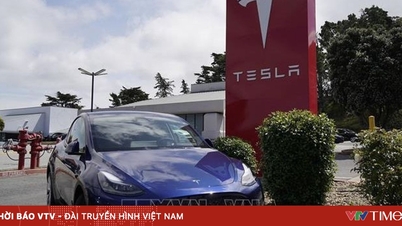




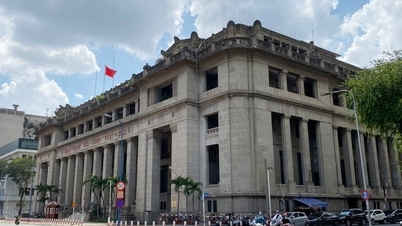










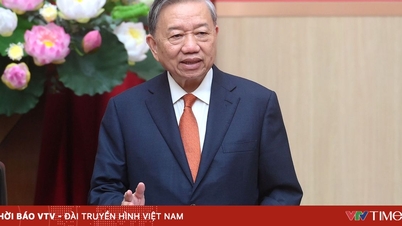


























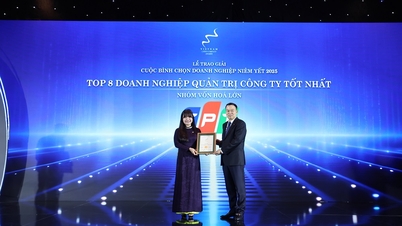



![[VIMC 40 days of lightning speed] Da Nang Port: Unity - Lightning speed - Breakthrough to the finish line](https://vphoto.vietnam.vn/thumb/402x226/vietnam/resource/IMAGE/2025/12/04/1764833540882_cdn_4-12-25.jpeg)
















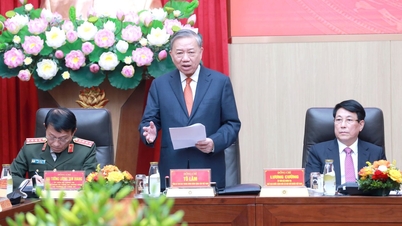

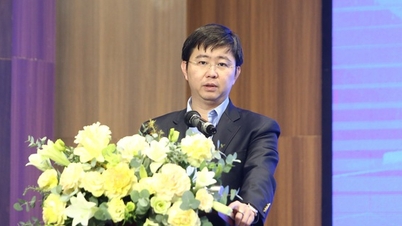




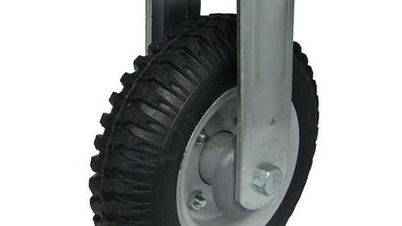
























Comment (0)